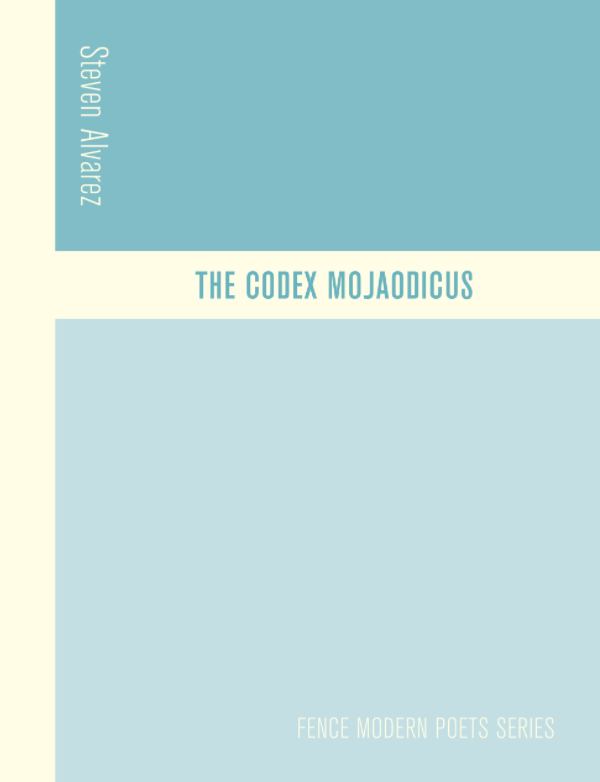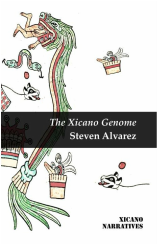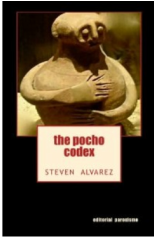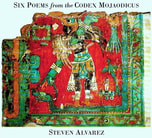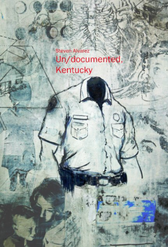“I wonder where got his fear of thunderstorms. It is almost unknown to the male Italians I have met.”
314, letter to Weaver.
Regarding an earthquake:
“Some phenomena of nature terrify me.
“One great part of every human existence is passed in a state which cannot be rendered sensible by the use of wideawake language, cutandry grammar and goahead plot.
318 letter
318-19:
[. . .] Do you not like anything I am writing. Either the end of Part I Δ is something or I am an imbecile in my judgment of language. I am rather discouraged about this as in such a vast and difficult enterprise I need encouragement.
265:
Mr Pound wrote to me urgently from Sirmione (lake of Garda) that in spite of my dread of thunderstorms and detestation of traveling I went there bringing my son with me to act as a lightning conductor.
This thunder of Joyce’s is hardly the “dry, sterile thunder” of Eliot’s “The Waste Land.” (5.341).
Eliot’s thunder speaks Hindi:
'Datta, dayadhvam, damyata' (Give, sympathize, control). The fable of the meaning of the Thunder is found in the Brihadaranyaka--Upanishad, 5, 1. A translation is found in Deussen's Sechzig Upanishads des Veda, p. 489.
The Hindu fable referred to is that of gods, men, and demons each in turn asking of their father Prajapati, "Speak to us, O Lord." To each he replied with the one syllable "DA," and each group interpreted it in a different way: "Datta," to give alms; "Dayadhvam," to have compassion; "Damyata," to practice self-control. The fable concludes, "This is what the divine voice, the Thunder, repeats when he says: DA, DA, DA: 'Control yourselves; give alms; be compassionate.' Therefore one should practice these three things: self-control, alms-giving, and compassion."
Pound letter to Joyce: 228:
I will have another go at it, but up to present I make nothing of it whatever. Nothing so far as I make out, nothing short of divine vision or a new cure for the clap can possibly be worth the circumambient peripherization.
Doubtless there are patient souls, who will wade through anything for the sake of the possible joke . . . but . . . having no inkling whether the purpose of the author is to amuse or to instruct . . . in somma . . .
Pound to Joyce:
170:
That evening & all night the tempest raged, at 4:25 such peals of thunder burst on Desenzano, as I though c. portend only the arrival of Vulcano Daedalus, attended befittingly with pomps & trumpets.
DAMN.
Ellman, 551:
“Words move into words, people into people, incidents into incidents like the ambiguities of a pun, or a dream. We walk through darkness on familiar roads.
25: Young Joyce and thunder:
The thunderstorm as a vehicle of divine power and wrath moved Joyce’s imagination so profoundly that to the end of his life he trembled at the sound. When a friend asked him why he was so affected, he replied, ‘You were not brought up in Catholic Ireland.’
394:
Sometimes during their walks a storm broke out, and at such moments Joyce’s panic was comic. When a friend asked him, ‘I suppose thunder affects your nervous system, Mr. Joyce?’ he replied, ‘No, I’m frightened.’ Weiss, to reassure and divert him, told him funny stories about thunderstorms. But Joyce was not amused; thunder was not to be joked about. Every house, he solemnly lectured his friends, should be equipped with lightning protectors.
397:
Joyce reportedly says to a friend in conversation:
“I’d like a language which is above all languages, a language to which all will do service. I cannot express myself in English without enclosing myself in a tradition.”
Beckett:
Pg. 5:
In the beginning was the thunder: the thunder set free Religion, in its most objective and unphilosophical form—idolatrous animism.
Pg. 14:
Here form is content, content is form. You complain that this stuff is not written in English. It is not written at all. It is not to be read—or rather it is only to be read. It is to be looked at and listened to. His writing is not about something; it is that something itself.
THIS IS TO SAY, WHEN A CHARACTER IS DRUNK, THE LANGUAGE IS DRUNK—AS BECKETT ALLUDES, OR WHEN THE CHARACTER DANCES, THE WORDS DANCE.
Budgen: pg. 39:
For Joyce’s purpose no word is unpoetic—none obsolete.
Jolas, 89:
James Joyce gives his words odors and sounds that the conventional standard does not know. In his super-temporal and super-spatial composition, language is being born anew before our eyes.
90: Jolas:
he has created a language of a certain bewilderment, to be sure, but of a new richness and power for those who are willing to enter into the spirit of it.
McGreevy: 125:
The thunder clap, in Vico’s system, the most dramatic manifestation to primitive man of a supreme, incalculable being is there in Part I, however, and students of Vico will be able as the work moves, to completion recognize the second and third and fourth of the Neapolitian’s main ideas, marriage according to the auspices, the burial of the dead and divine providence in the other parts of it. They may be taken as comically foreshadowed in the childish sing-song repeated in one of the chapters that have already appeard, “Harry me, marry me, buy me, bind me.”
Sage: 158:
[. . .] where in the Portrait and Ulysses the abrupt transitions were from chapter to chapter or from paragraph to paragraph, they are here [in the Wake] from sentence to sentence, from word to word, or even sometimes from syllable to syllable, thus making an unrelieved demand on the attention.
From “The Game of Evenings” by Adolf Hoffmeister:
Joyce says in interview:
Some people will be interested in the origins of words; the technical games; philological experiments in each individual verse. Each word has all the magic of a living thing. Each living thing can be shaped (244-45).
Joyce again:
And you all know that it is impossible to translate.
‘We know.’
It is possible to make it into poetry—poeticize it with the greatest poetic freedom that you can give it. Work in Progress is not written in English or French or Czech or Irish. Anna Livia does not speak any of these languages, she speaks the speech of a river. 249-50.
